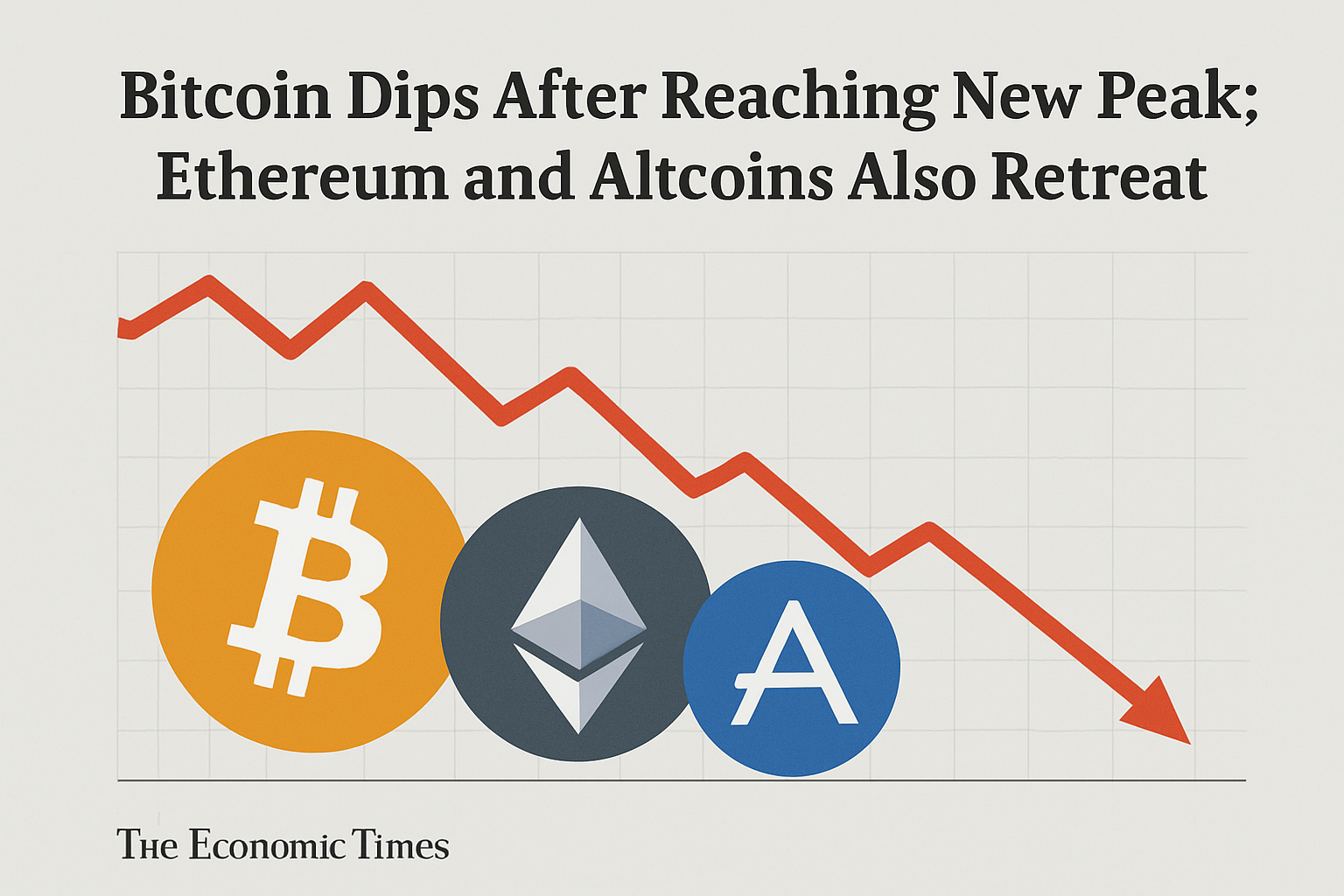In a move that could reshape the future of digital asset regulation, U.S. President Donald Trump has nominated Mike Selig as the next chair of the Commodity Futures Trading Commission (CFTC). The nomination marks a pivotal moment for the ~$4 trillion crypto marketplace, signaling that Washington’s approach to digital assets may be entering a new era—one that blends innovation with stricter oversight.
Selig, a well-known figure in financial regulation and a former advisor on crypto policy, has spent years navigating the complex intersection of blockchain technology, financial law, and market infrastructure. His appointment is seen by many industry insiders as a sign that the administration intends to bring clarity and structure to crypto oversight—potentially aligning the U.S. more closely with global regulatory frameworks.
A Strategic Regulatory Shift
For years, the CFTC has shared jurisdiction over digital assets with the Securities and Exchange Commission (SEC), often leading to confusion over which agency regulates what. While the SEC has tended to treat most tokens as securities, the CFTC has focused on derivatives and commodities trading—categories that include Bitcoin and, in some cases, Ethereum.
By nominating Selig, Trump appears to be signaling a shift toward a more unified and business-friendly framework. “Mike understands the innovation happening in the crypto space and how important it is that the U.S. leads in this technology rather than falling behind,” a senior administration official told Politico.
Market Reaction: Optimism with Caution
Crypto markets reacted positively to the news, with Bitcoin briefly rising above key resistance levels following the announcement. Institutional players, who have long awaited regulatory clarity, see this as a step toward mainstream legitimacy.
Still, some analysts caution that increased oversight could bring tighter compliance rules and stricter licensing requirements for exchanges, stablecoin issuers, and decentralized platforms.
“The market loves clarity—but clarity often comes with strings attached,” said one industry analyst. “Selig’s challenge will be balancing innovation with investor protection, and that’s no easy feat.”
From Legal Advisor to Policy Architect
Before his nomination, Selig was known for his work as a regulatory counsel specializing in crypto and fintech. His writings and public statements have advocated for pragmatic regulation that encourages innovation while reducing systemic risk. He has also been an advocate for developing clear definitions around digital commodities, decentralized finance (DeFi), and tokenized assets.
His leadership could mean the CFTC takes a more proactive role in creating formal frameworks for digital asset trading, derivatives, and decentralized markets—potentially paving the way for regulated crypto futures, ETF expansions, and real-world asset tokenization.
Implications for the Global Crypto Landscape
Selig’s potential confirmation would place the U.S. at the center of the global regulatory conversation. With the European Union’s MiCA framework already rolling out and Asian markets refining their own crypto laws, Washington’s next steps will be closely watched.
If Selig can establish a fair, transparent, and innovation-friendly regulatory model, the U.S. could regain its position as a global leader in digital finance. But if the new rules lean too heavily on enforcement and bureaucracy, innovators may continue migrating to more open jurisdictions.
The Road Ahead
The Senate will now begin confirmation hearings, which are expected to be closely followed by the crypto industry and traditional financial institutions alike. Both sides recognize the stakes: the next CFTC chair will play a defining role in how the United States shapes its digital economy for years to come.
For now, the nomination of Mike Selig stands as one of the most consequential signals yet that crypto is no longer a niche experiment—it’s a fundamental component of the future financial system, one that Washington can no longer ignore.




